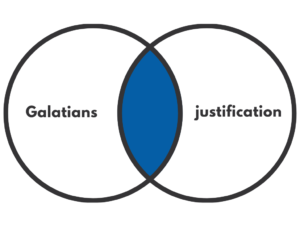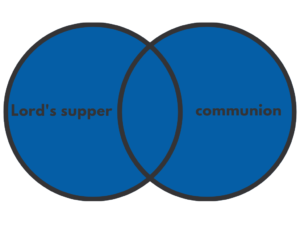Finding Information
Regardless of which of the search tools you use, your search results are tied to the keywords you enter. Start by looking for the main ideas or concepts in your research question. These are the words or phrases that describe the topic you are investigating and will form the basis of your keyword search.
Complete the following activity to learn how to identify the main concepts. If you would like more tips on understanding an assignment question visit the Analyse the brief guide.
There may be times when the keywords you identify from your assignment question do not provide you with relevant or useful resources, or enough information on your research topic. When this happens, expanding your search strategy can help you find what you need.
Authors may use different words to describe the same concept, so it is a good idea to identify alternative terms (also known as similar terms or synonyms) for your topic. This will broaden your search.
For example if you are researching the Lord’s Supper it may also be helpful to search for:
- Communion
- Eucharist
- Sacraments
- Lord’s Table
- Mass
When searching in the catalogue and databases, you can join your keywords using AND and OR.

AND narrows your search, returning results that contain both of your terms. For example: Galatians AND justification will only return articles which include both Galatians and justification.

OR broadens your search, returning results that contain either of your terms. For example: Lord’s supper OR communion will return articles which include either of these terms.
You can use these tips in the Library catalogue, databases, or Google to enhance your search.
Phrase searching means searching for two words or a string of words as an exact phrase. By using this technique you will only retrieve articles where those words appear together in the text. To search for a phrase, add double quotes around the term.
For example: “Lord’s supper”
The truncation symbol (usually an asterisk *) is useful for finding different endings of a word. It is added after the last common letter of variations.
For example, the search term justif* will search for justify, justified and justification
Copyright statement: The content on this page is based on the Curtin University Library UniSkills Finding Information Search Strategy page which is licensed under a Creative Commons Attribution ShareAlike 4.0 International Licence. Examples have been customised for Trinity but otherwise the text is mostly the same.
